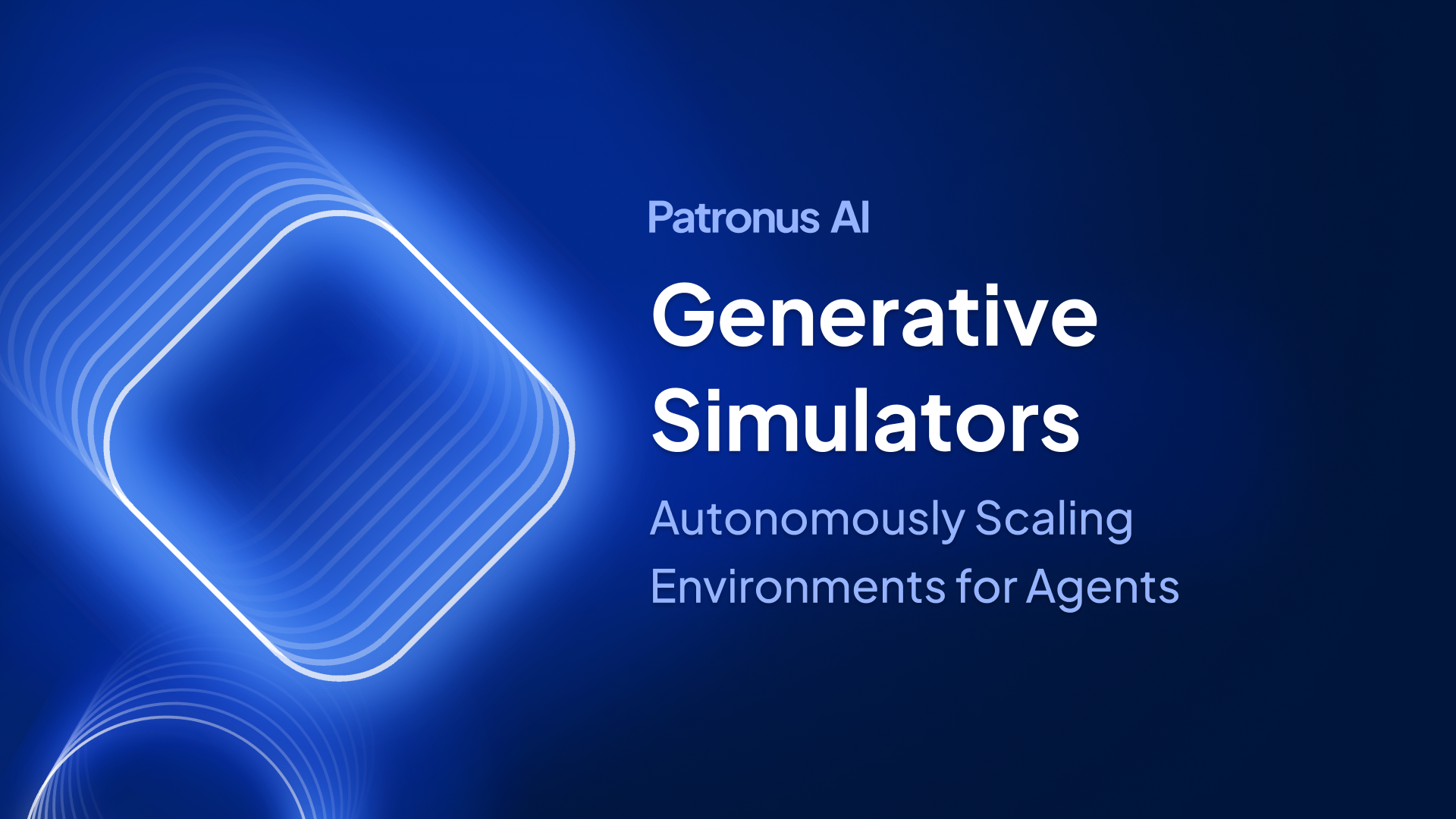Meet the Patronus team: Peng Wang

Bio
Peng has over two decades of R&D experience in machine learning and deep learning. Before joining Patronus, Peng was Director of Strategic Research at Grammarly, leveraging advanced research to empower AI-driven communication and productivity suites. Before that, he was Senior Director of Search and AI at AlphaSense, leading cross-functional teams to develop capabilities such as semantic search, RAG-based summarization, and an LLM-powered search assistant. Earlier in his career, Peng held technical leadership roles at Google, focusing on large-scale search ads prediction ML models and NLP for conversational AI. At Siemens Corporate Research, he led ML efforts that contributed to the first commercial integration of IVUS and angiography imaging. Peng earned his Ph.D. from Rensselaer Polytechnic Institute and bachelor’s and master’s degrees from the University of Science and Technology of China. Peng is an inventor of over 10 patents and has authored over 20 peer-reviewed publications, with multiple award recognitions. He has built and scaled R&D organizations across North America, Europe, and Asia.
Q: Why are you excited to join Patronus AI?
What excites me most about Patronus is the strong alignment with Anand and Rebecca’s vision for scalable AI oversight. I believe LLMs and AI agents will play a key role in managing increasingly powerful AI systems through automated evaluation and optimization. Recently, I have particularly focused on the potential of using LLMs as both judges and simulators to make AI development more agile and scalable. Patronus presents a rare opportunity to contribute to impactful, forward-looking research in this space. I am also excited to join a lean and high-caliber team and build impactful products from the ground up.
Q: What do you like to do in your free time?
Outside of work, I’m an avid reader with a deep interest in ancient history—especially Chinese, Greek, and Roman civilizations. History offers valuable lessons that can help me understand the present and think about the future. That said, I think that the rapid progress of generative AI is making the future more exciting—and more unpredictable—than ever before.
%201.avif)





.png)



